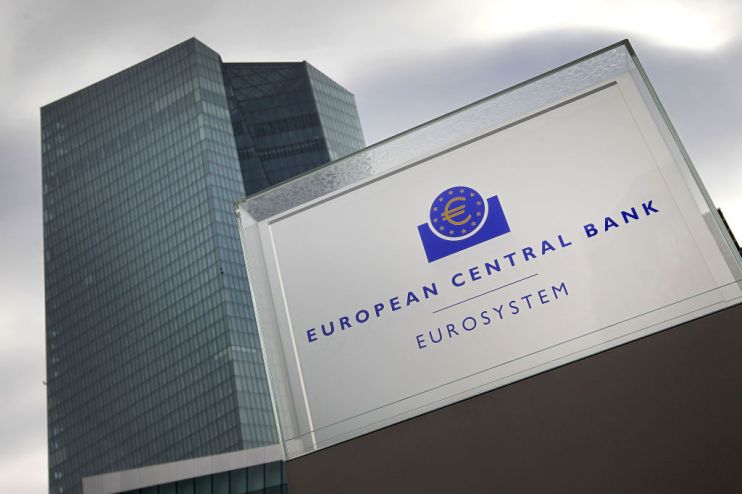ECB brings rate-hiking campaign to an end as bloc looks to be on cusp of recession

The European Central Bank (ECB) has finally brought its run of 10 consecutive rate hikes to an end as growth across the bloc looks set to slow over the coming months.
The decision today means the benchmark interest rates in the eurozone were kept in a range of four per cent and 4.75 per cent, their highest level in 22 years.
In a statement today, the ECB said that “the key ECB interest rates are at levels that, maintained for a sufficiently long duration, will make a substantial contribution” to returning inflation to the two per cent target.
“Inflation is still expected to stay too high for too long, and domestic price pressures remain strong. At the same time, inflation dropped markedly in September, including due to strong base effects, and most measures of underlying inflation have continued to ease,” the central bank said.
The decision comes as no surprise. The ECB hiked rates in its last meeting, but minutes released earlier this month showed the decision was a “close call”.
The aggressive monetary tightening undertaken by the central bank has helped to bring down inflation and slow economic activity.
Inflation in the eurozone came in at 4.3 per cent in September, down from 5.2 per cent in August and the lowest level since October 2021.
Although the eurozone grew 0.3 per cent across the second quarter, recent data points to a downturn over the third. According to S&P, private sector activity dropped to 46.5 in October, down from 47.2 in September. Economists had expected an uptick to 47.4.
The ECB’s bank lending survey also showed that credit standards have been tightened further, with loan demand falling strongly among both households and firms.
Bert Colijn, senior economist at ING, said the survey showed that monetary transmission had been working “rather forcefully”.
In a press conference following the decision, Christine Lagarde, president of the ECB, said “the economy is likely to remain weak for the remainder of this year. But as inflation falls further, household real incomes recover and the demand for euro area exports picks up, the economy should strengthen over the coming years.”
With clear signs that the interest rates are starting to have a decisive effect, the question will now become how long to leave rates at an elevated level.
In a sign of its determination to bring inflation down to target, the ECB said “policy rates will be set at sufficiently restrictive levels for as long as necessary”.
But as Mark Wall, chief European economist at Deutsche Bank, commented: “The question is, how long is sufficiently long?”
Lagarde was unwilling to be drawn on the question. “At this point in our fight against inflation, and after 10 successive hikes, now is not the time for forward guidance. Now is the time to really stick to our data dependency knitting, and we shall do so,” she told reporters.
Both the Fed and the Bank of England announce rate decisions next, with markets expecting both to leave rates on hold.